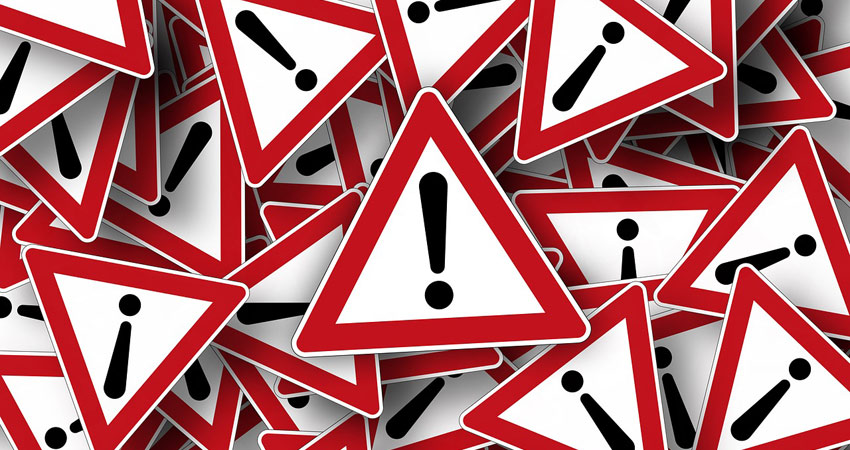We drive in a world full of rules - how fast we drive, how we navigate intersections, how we behave while driving. Most of the rules we have to abide by seem fairly straight-forward and there’s no question why we abide by them. Even some rules that apply in certain areas, like being fined for running out of petrol on the high-speed German autobahns, make a lot of sense within their context. Some road rules, however just defy belief. How did they come about? What happened to make them necessary? Why would you even want to do that in a car? We’ve picked some of the world’s most strange, bizarre, yet legally enforceable road rules for your edification. Are you ready to be astounded?
- In Australia, you can be fined up to £100 for splashing mud on a person while waiting for the bus.
- You can also be fined up to £195 for tooting the horn ‘goodbye’ at someone - it’s an unnecessary use of the horn.
- In one Australian state, Victoria, you can also be pulled over and ticketed for leaving your bike carrier attached, without any bikes.
- In Russia, you can be pulled over, searched and fined for having a dirty car.
- It is illegal to drive topless anywhere, at anytime in Thailand - that goes for both ladies and gents.
- No such constraints in Germany though - you can drive buck naked. Just be sure to wear shoes though, otherwise you may miss out on an insurance payout.
- In Halifax, Canada, drivers must wear a long-sleeve, collared shirt and trousers when driving. Anything less, according to by-laws, leaves you open to a fine.
- In a bid to cut down road rage cases in Cyprus, you can be fined £22 for lifting your hand off the steering wheel to make an obscene gesture.
- Similarly, you can’t eat or drink anything while driving in Cyprus - this law was brought in after a spate of accidents by hungry, distracted drivers.
- In Denmark, you must always check underneath your car before starting it, or risk a fine.
- You cannot drive in Manila in a Monday if your number plate ends in a ‘1’ or ‘2’ - this is an attempt to cut down on both traffic jams and pollution.
- London cabs should, according to the law, carry a bale of hay to feed their horses - despite the fact that horses haven’t carried anybody around London for around a century. The law has never been taken off the books.
- While the rule has yet to be enforced, all drivers in France should be carrying a breathalyzer in their car.
- In the Indian state of Bengal, until very recently, there were additional car taxes if you had a sound system or air-conditioning.
- The United States has many strange road rules. In Alaska, it’s illegal to tie your dog to the roof of your car - I mean, it’s a good law, it makes sense, but what happened to make them have to enact it?
- In San Francisco, it is illegal to polish your car with used underwear. Again, a good law,
- In both Tennessee and California, it is illegal to fire upon an animal with a gun from your car. The one exception? Whales.
- In Illinois, it is illegal to get changed while you’re in your car, even if the car is stopped and switched off. They obviously want people to engage in a little exhibitionism in some circumstances!
- In New Orleans and Memphis, a man needs to run in front of a car waving a red flag if a woman is driving - again, the law has never been taken off the books from a less enlightened age.
- In Kentucky women may only wear a swimsuit while driving if they carry a weapon, or have two police officers accompanying them.
- Near the holy city of Mecca in Saudi Arabia, there is a highway for Muslims only - any other faiths have to use an alternate highway some distance away.
Have you come across any ridiculous road rules? Want to tell us about them? Hit our social media channels and let us know! And don't forget to make sure you understand the rules and regulations that govern your number plates. Keep your number plates legal! 🚓🛑🚗
